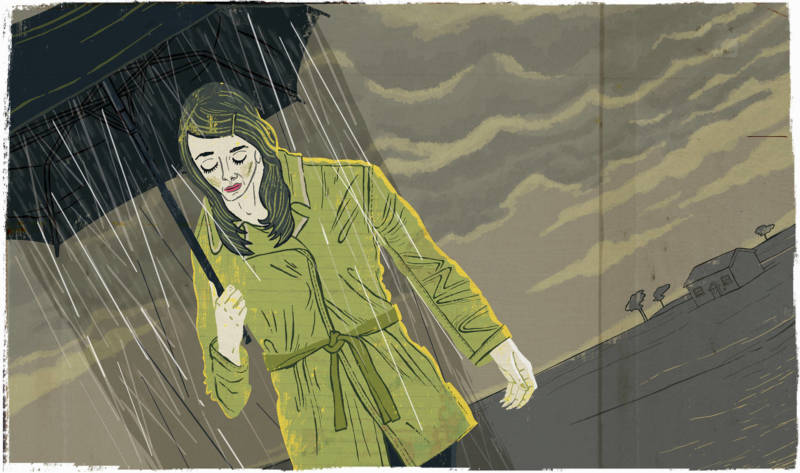A study from the consumer genetic-testing company 23andMe and pharmaceutical giant Pfizer has found 15 new DNA regions associated with mutations that could predispose individuals to major depression.
The study was huge: Researchers took the DNA of over 75,000 people who reported being clinically diagnosed with depression and compared it with more than 230,000 customers who reported no such diagnosis.
The 15 regions in the scrutinized DNA are the first to be linked to major depression in people of European descent. A previous study looking at over 10,000 people of Han Chinese ancestry found two such regions, but those are insignificant in people whose ancestors are from Europe.
This type of DNA analysis does not usually find the exact gene or mutation involved in a disease or condition, but it does narrow down considerably the areas in which to look. The 23andMe research will allow scientists to study a handful of locations from different DNA regions, instead of looking at all 20,000 human genes.
Because depression is so complicated genetically, the discovery is unlikely to prove useful as a predictive tool. Meaning, the research won’t be turned into a genetic test anytime soon. But what it can do is give scientists a deeper understanding of how major depression works.

